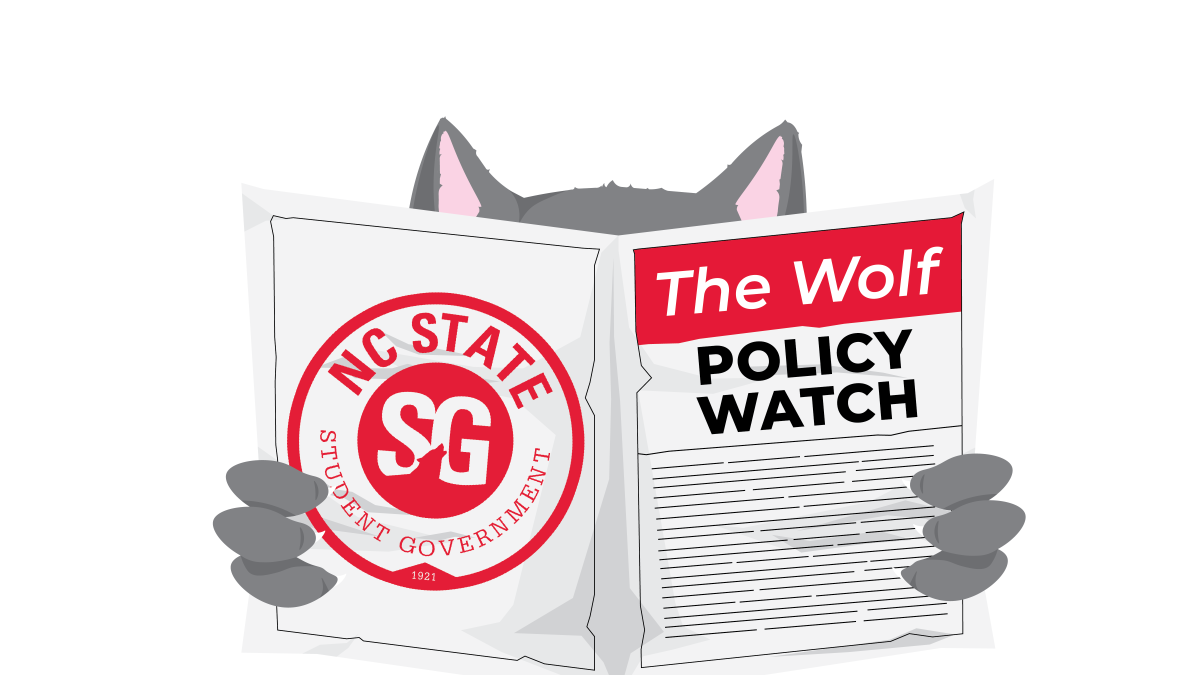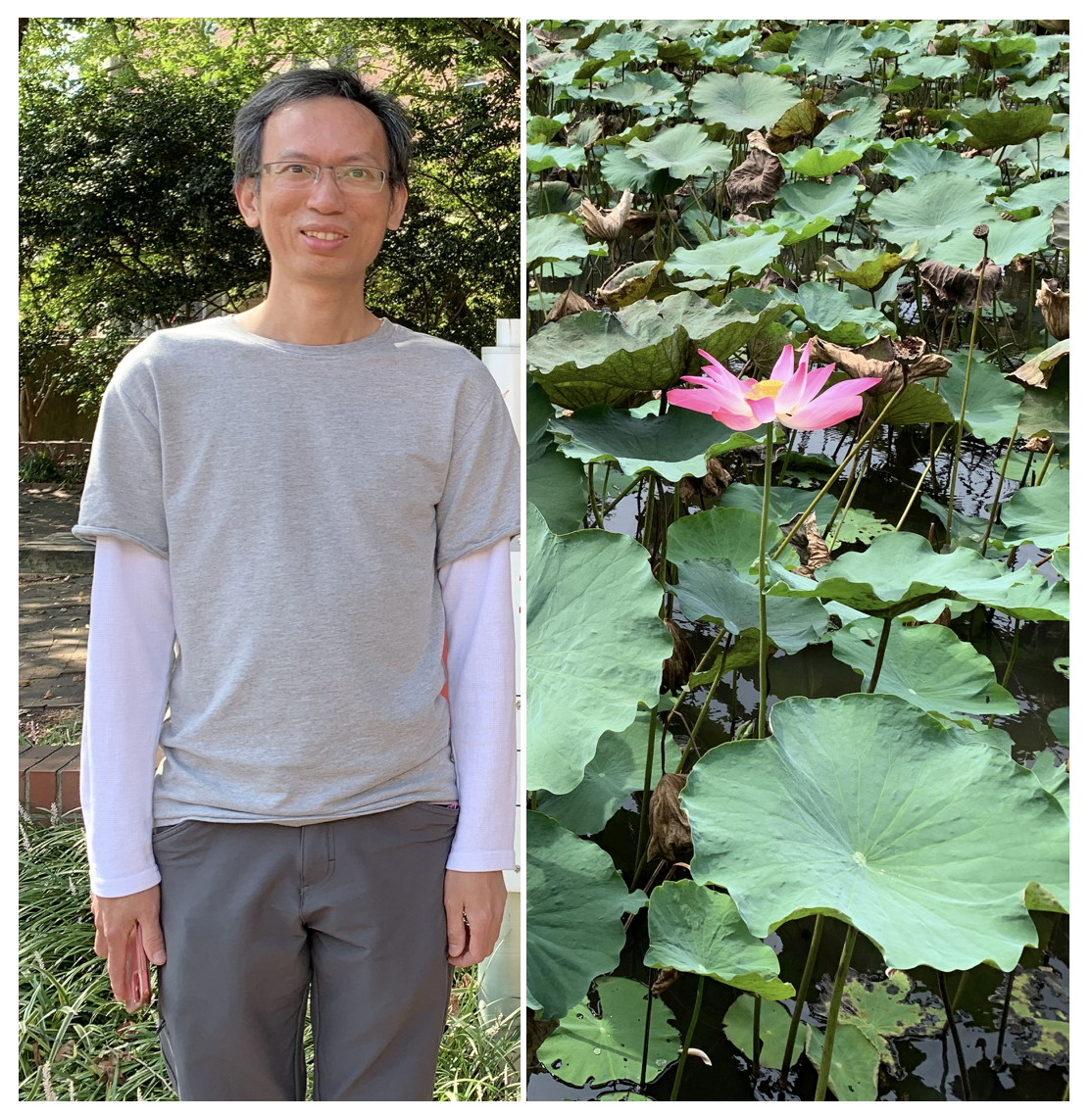On Dec. 6, 2022, the newest editions to Raleigh City Council had their first meeting. The four new city councilmembers are all women, all young and all have transparency as a priority for their terms in office. Transparency and open meetings aren’t just important for city councilors. It is the right of the people to have access to what their government is doing at every level of government from legislatures to public university committee meetings to student government.
North Carolina public governing bodies are required to have meetings that are accessible to the public, as written in Article 33c of the state constitution in 1979. This is not just the standard in North Carolina, but across the world; public meetings are an important part of the democratic process. They provide an opportunity for officials to present their policies and, in some cases, the public is allowed to comment and vocalize their opinions.
In the General Assembly, there is a gallery for the public in both the House and Senate chambers, and a livestream available on their website. Committee meetings are more difficult to observe because they have limited room, but you can find ways to comment on bills by contacting committee members directly.
As an NC State student, you can attend University committee meetings for tuition, housing, curricula and more. You can also observe meetings for the UNC Board of Governors that oversees NC State and all North Carolina public universities. The BOG manages all of the chancellors in the state and guides issues that matter to students from racism in the system to mental health.
NC State’s Student Government (SG) also helps make decisions on mental health among many other matters. They have strived to keep all meetings available to anyone to attend, including the new Mental Health Intervention Department. Students are welcome to view how SG spends funds and make comments during town halls.
Representatives can do the best job representing you if you are in the room or at least watching. This is especially true for issues that are very personal like the mental health crisis on campus last semester. Even though officials know it is important to have citizen voices included in their process, they don’t always make being there easy.
Problems with participation in public meetings are shown in the data. A report from the U.S. Census Bureau in 2017 showed that only 11% of the U.S. population attended a meeting to discuss public issues.
At the city level and University level, the public can have much more input because of the reduced population size. Still, as Raleigh continues to grow, including everyone becomes more difficult with the typical city council meeting structure.
At the Dec. 6 meeting I attended, over 40 people signed up for public comment, and seating became limited. The council extended the comment period to two minutes per person, but many still complained that this stunted their ability to express their concerns. The evening meeting began at 7 p.m. and did not adjourn until past 10 p.m. This weeknight schedule can be difficult for many to accommodate including people with young children and those with evening jobs or who rely on public transportation.
The new council members hope to bring back the citizen advisory councils (CACs) that were disbanded in 2020 because of issues surrounding votes on property development. The prior system of Raleigh community engagement included 18 of these councils that focused on specific geographic areas. This was another avenue for people to raise questions to the council, but there were still issues of inclusivity. Under the new iteration, the councilors hope to support the CACs and encourage them to communicate with people outside their immediate network so everyone can feel included. They also want to introduce term limits so more people can have a turn on the council and to make the councils each cover a smaller area.
CACs are also just one part of a successful community engagement strategy, the internet has to be included. Hybrid meetings have been suggested by several people, especially for the public comment period. They will also continue to improve the Raleigh community engagement platform, Engage Raleigh and use other social media.
As the Raleigh City Council and other governing bodies work on the challenge of how to be as transparent and inclusive as possible, every citizen must also do their best to be present despite the barriers that may be in their way. Whether it’s supporting a zoning decision in a city council meeting that will provide more student housing or advocating the calendaring committee for mental health days, being there makes a difference.
It may not be easy to find meeting schedules or make the time to attend, but we must let decision-makers know what we care about. Even though 2023 is not a major election year, make a resolution to stay civically engaged by attending a public meeting.











